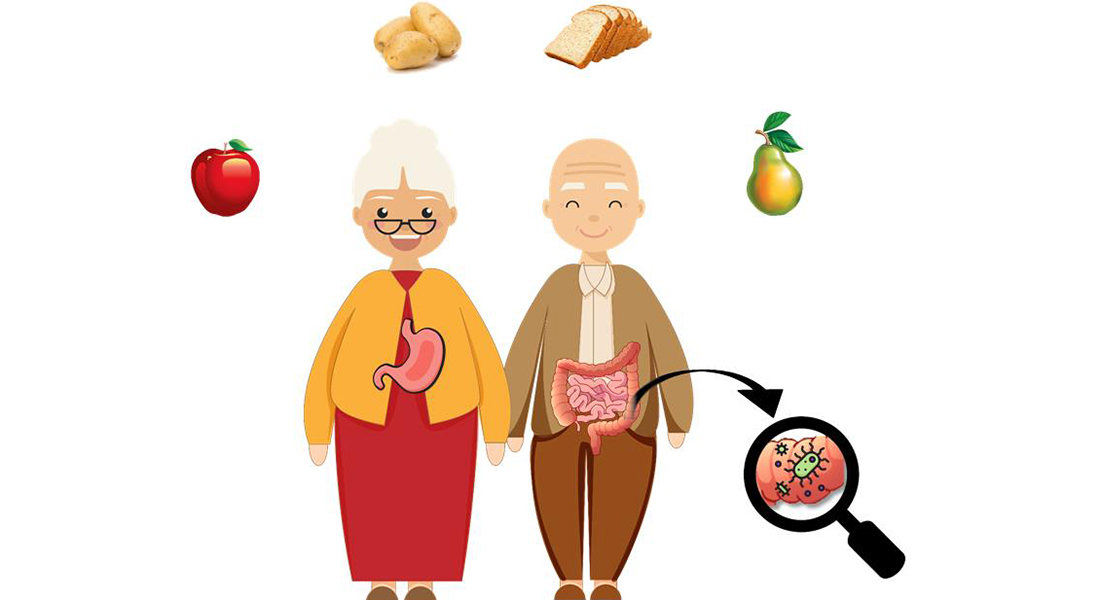Universitetsavisen
Nørregade 10
1165 København K
Tlf: 21 17 95 65 (man-fre kl. 9-15)
E-mail: uni-avis@adm.ku.dk
Ph.d.-forsvar
Ph.d.-forsvar — Simon Rønnow Schacht is defending his PhD thesis: Investigating Nutrition, Diet and Gut Microbes in Healthy Older Danes
Date & Time:
Place:
Aud. A1-04.01, Grønnegårdsvej 7, stuen, 1870 Frederiksberg.
Hosted by:
Department of Nutrition, Exercise and Sports, University of Copenhagen
Cost:
Free
Time
3 March 2022, 13:00
Place
Aud. A1-04.01, Grønnegårdsvej 7, stuen, 1870 Frederiksberg.
Opponents
Associate Professor Lasse Gliemann (chair), Department of Nutrition, Exercise and Sports, University of Copenhagen, Denmark.
Professor Lisette Cornelia Petronella Gerardina Maria de Groot, Personal chair at the Division of Human Nutrition, Wageningen University, The Netherlands.
Professor Tine Rask Licht, Head of research group Gut, Microbes and Health, National Food Institute, Technical University of Denmark, Denmark.
Main supervisor
Professor Inge Tetens, Department of Nutrition, Exercise and Sports, University of Copenhagen, Denmark.
Co-supervisor
Associate Professor Henrik Munch Roager, Head of research group Microbiome & Metabolomics, Department of Nutrition, Exercise and Sports, University of Copenhagen, Denmark.
About the thesis
As the global population continuous to grow older, so does the incidence of age-related diseases such as neuro-degenerative and cardiovascular diseases, several cancers as well as sarcopenia and osteoporosis. Proper diet and nutrition are important parts of maintaining a healthy body throughout old age. Newer research is furthermore indicating a role of gut bacteria in healthy aging.
The aim of the current PhD project was to investigate nutrient adequacy in 184 community-dwelling older Danes (65-82 year) with a specific focus on protein intake as well as assessing determinants of nutrient intake.
The PhD project furthermore aimed to investigate potential relationships between diet and musculoskeletal health represented by bone mineral density (BMD) and muscle function (e.g. hand grip strength and 400 meter walking tests).
The PhD project also investigated if and how gut bacteria of older individuals respond to specific changes in macronutrients and exercise.
Lastly, the PhD project further explored other biological and lifestyle-related factors that associate with gut bacteria of relatively active and healthy older adults.
From the collective findings of this PhD project it can be concluded that nutrient inadequacy likely is a minor issue in otherwise healthy community dwelling older Danes. However, as has been seen previously in other populations and age groups, low intakes of vitamin D (compared to recommendations) are a potential nutritional concern.
Obtaining adequate amounts of energy in the diet and caring about dietary guidelines and nutrient quality was found to be important for nutrient risk in older Danes. Adherence to a suggested “bone healthy” diet consisting of high intakes of coarse (whole) grains, fruits, vegetables, dairy products, legumes and nuts, fish and seafood and low intakes of red and processed meats and confectionery was not found to be associated with bone mineral density, but this dietary pattern was however found to be associated with better physical performance, particularly with faster 400 m walking speeds.
The addition of purified animal protein or easily digestible carbohydrates to the diet of older individuals was found to have subtle effects on the gut microbiome. Heavy resistance exercise can also affect the gut microbiome of older adults, but generally to a smaller degree than diet.
Read more: https://nexs.ku.dk/english/calendar/2022/phd_simon-ronnows-schacht/
